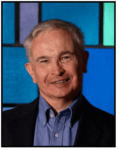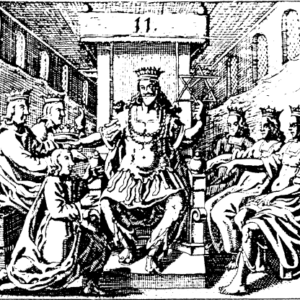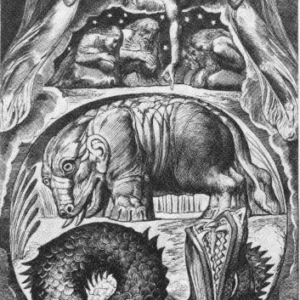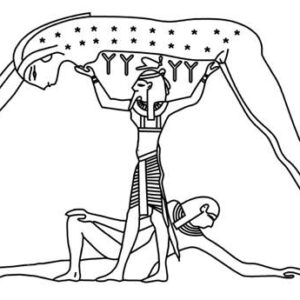› Store › Martz, Stephen › Clobbered by an Archetype: How the Good Shepherd Knocked Me Over and Carried Me Home
› Store › Martz, Stephen › Clobbered by an Archetype: How the Good Shepherd Knocked Me Over and Carried Me Home
Video
56 minutes
$9.99
This is lecture is part of the symposium Awakening Archetypal Awareness in Dreams and Daily Life. Purchase the full symposium for 30% off the individual titles!
Topics: Archetypes, Family and Intimate Relationships, Life Cycle, Mind and Body.
Clobbered by an Archetype: How the Good Shepherd Knocked Me Over and Carried Me Home
Stories make ideas come alive. The idea that animates this personal presentation is the astonishing ability of an archetypal image to enter, transform, and ground an individual life. The story that gives rise to it is a visceral and humbling encounter I had at age 28 with an archetypal image that seemed to come out of nowhere to transform and ground my life.
PowerPoint: PowerPoint slides are edited into the video.
Audio: This download includes an audio MP3 that can be played on smartphones, tablets, and laptops for listening on the go.
Sample
Learning Objectives
These videos will help you:
Stephen Martz, DMin is a senior analyst in private practice and president-elect of the Jung Institute. His clinical interests include spirituality, sexuality, illness, dying, sand tray, and mentoring clinicians and clergy. He is a member of the Institute’s Executive Committee, a past director of its Jungian Psychotherapy/Studies Program, and teaches in all of its programs. Steve is also an Episcopal priest who spent 20 years in parish ministry.
© 2015 Stephen Martz
℗ 2015 CG Jung Institute of Chicago
| Audio Format | 1 MP3 File: 19MB |
|---|---|
| Video Format | 1 3GP File: 177MB Total |


Audio
6 hours 49 minutes

Audio
7 hours 8 minutes

Audio
3 hours 51 minutes

Video with audio-only experientials
2 hours 38 minutes


Audio
2 hours 10 minutes

Certification of the Chicago Society of Jungian Analysts to train analysts is granted by The International Association of Analytical Psychology. The C.G. Jung Institute of Chicago is accredited as a psychoanalytic training institute by The American Board for Accreditation in Psychoanalysis, Inc. The Institute is approved by the Illinois Department of Professional Regulation to sponsor continuing education for Psychologists (License No. 268000106), Social Workers and Clinical Social Workers (License No. 159-000215), Marriage and Family Therapists (License No. 168-000123), Professional Counselors and Clinical Professional Counselors (License No. 197-000022).

This search engine will search our public programs, the Jungianthology Podcast & Blog, and our store.
To search only the store, visit our Store page.
If you’re looking for a Jungian Analyst, use our Find an Analyst search engine or browse the Chicago Society of Jungian Analysts page.